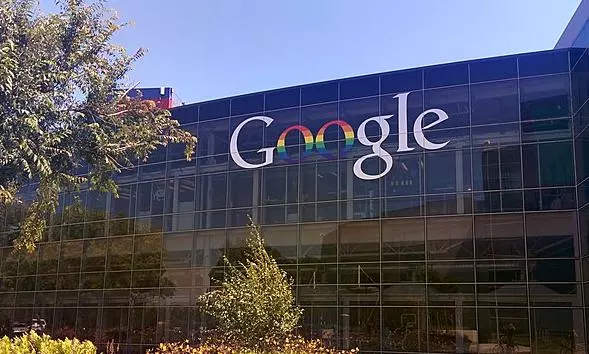
Google told employees to delete messages to avoid antitrust suits: Report
How the company developed this distrustful culture was pieced together from hundreds of documents and exhibits, as well as witness testimony, in three antitrust trials

The internet giant Google has been telling its employees since 2008 to destroy messages and not to use certain words in order to avoid antitrust suits, claimed a recent report.
The company in 2008 faced antitrust scrutiny over an advertising deal with Yahoo which was then its rival. It then sent out a confidential memo to its employees, said a New York Times report.
In the memo, Google told its employees to refrain from speculation and sarcasm, to “think twice before writing to one another about hot topics”, and to avoid making any comments before they have “all the facts”.
The report claimed that the company also tweaked its technology so that the setting for its instant messaging tool was changed to “off the record”, and any risky phrases could be wiped off the next day.
Three antitrust trials
The report said, “How Google developed this distrustful culture was pieced together from hundreds of documents and exhibits, as well as witness testimony, in three antitrust trials against the Silicon Valley company over the last year.”
Google encouraged its employees to put “attorney-client privileged” on documents and to always add a company lawyer to the list of recipients, even if no legal questions were involved and the lawyer never responded, said the NYT report.
Also Read: ‘Google created illegal search monopoly', says US court in landmark ruling
According to US laws, companies that anticipate litigation have to preserve documents.
“Google exempted instant messaging from automatic legal holds. If workers were involved in a lawsuit, it was up to them to turn their chat history on. From the evidence in the trials, few did,” claimed the report.
Judges chastise Google
The judges in the three antitrust cases chastised Google for its communications practices, said the report.
The report quoted Judge James Donato of the US District Court for the Northern District of California in the 2020 Epic Games case as saying that “there was an ingrained systemic culture of suppression of relevant evidence within Google”.
Also Read: Google's plea against CCI order in Android case raised in SC
Judge Donato said the company’s behaviour was a “frontal assault on the fair administration of justice”.
A district court judge in Virginia who handled a case involving Google’s advertising technology said that the company’s document retention policies were designed in a way that an “awful lot of evidence has likely been destroyed”.
Company felt overwhelmed: Google’s top lawyer
Testifying in the Epic trial, Google’s top lawyer Kent Walker said the company produced 13 times as many emails as the average company per employee did before it was 10 years old, and it felt overwhelmed.
Walker testified that it was clear to the company that things would only become worse if changes weren’t made, said the report.
Incidentally, the 2008 confidential memo that said chat messages would be automatically deleted was signed by Walker and Bill Coughran, an engineering executive.
Also Read: Russia imposes landmark astronomical $20 decillion fine on Google; will tech giant pay?
When the judge asked Walker to explain Google’s behaviour, he denied that there was a “culture of concealment”, but he said one problem was that the employees were unsure of the meaning of certain words.
The report said that Google changed its procedures last year, and the default became saving everything, including chats. It claimed that employees on litigation could no longer turn off their chat history.

